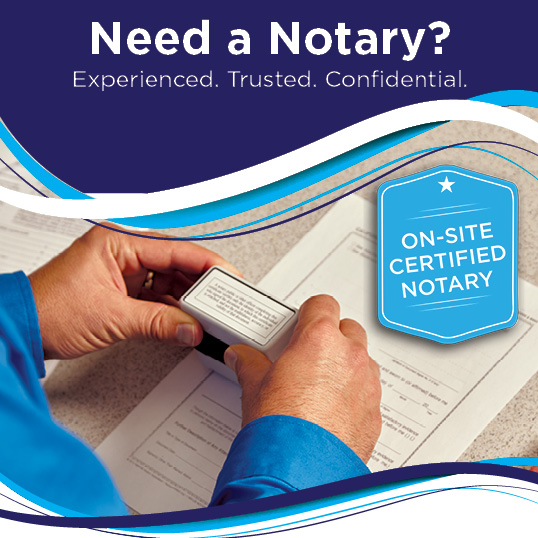Demystifying Notarial Work: Streamlining the Role and Importance of Notaries
In the elaborate internet of legal paperwork and confirmation, notaries stand as pillars of guarantee and credibility. Their function, commonly shrouded in secret for many, lugs substantial weight in making sure the validity and honesty of critical documents. As guardians of legality and reality, notaries play an essential component in our culture, yet their job is not always fully recognized. By unraveling the intricacies shedding and surrounding notarial methods light on the significance of their acts, a more clear understanding arises of the vital role notaries play in supporting the fabric of legal and legal agreements.
The History of Notarial Work
Exactly how did notarial job progress over time to come to be an integral component of lawful and organization deals? The background of notarial job go back to old worlds, where scribes played a critical function in videotaping essential information and validating documents. As societies proceeded, the demand for an extra formalized system to guarantee the validity of arrangements developed. This brought about the development of notaries, people assigned by the state to serve as unbiased witnesses in lawful issues.
Throughout the Center Ages, notaries acquired prestige in Europe, with their features broadening to consist of composing lawful records, certifying signatures, and maintaining documents. The rise of international trade even more emphasized the value of notarial operate in validating agreements and arrangements across borders.
In the contemporary age, notaries continue to play a vital role in legal and service purchases by validating identifications, verifying the authenticity of files, and protecting against scams. Their function in accrediting the credibility of agreements adds a layer of protection and depend the ever-evolving landscape of commerce and regulation.

Obligations and Obligations of Notaries
Notaries play an important role in verifying the authenticity of files and the identification of signatures. One of their primary duties is to witness the signing of vital papers, such as contracts, wills, and acts, to make certain that all events are entering into contracts intentionally and voluntarily.
They license duplicates of original files, supplying assurance to organizations that the copies are true reproductions of the originals. In general, the obligations and obligations of notaries are essential in protecting the honesty and validity of various records and deals - Notary.
Notarial Certificates and Signatures
Exhibiting careful attention to detail, notarial certifications and trademarks serve as important parts in validating the credibility of lawful papers. Notarial certificates commonly consist of critical info such as the date of registration, the names of the notaries, a summary of the file, and the notary's official seal. These certifications provide a clear document of the notarial act, making sure that the record can be conveniently identified and mapped back to the notary who oversaw the process.
Trademarks play a critical role in notarial page job, as they indicate the agreement and authorization of the celebrations involved. Notaries thoroughly witness the signing of files to validate the identification of the signatories and validate that they are authorizing of their own free choice. By fastening their main seal and signature to the document, notaries license that the needed treatments have been adhered to which the document is enforceable and valid.
In essence, notarial certificates and signatures are the hallmark of authenticity in legal purchases, providing guarantee to all events involved that the records are legitimate and binding.
Relevance of Notarial Acts

Notarization Process Explained
Describing the Recommended Site notarization procedure offers clarity on the vital actions associated with validating legal records. The registration process normally starts with the private presenting the record to a notary public. The notary after that validates the endorser's identification with acceptable identification techniques. When the identification is verified, the notary ensures that the specific authorizing this hyperlink the paper does so voluntarily and with no coercion.

Conclusion

Notarial certificates generally include vital info such as the day of notarization, the names of the signatories, a description of the document, and the notary's main seal. These certificates offer a clear document of the notarial act, ensuring that the file can be easily recognized and mapped back to the notary who supervised the process.
By affixing their main seal and signature to the paper, notaries certify that the essential procedures have actually been adhered to and that the file is valid and enforceable.
By verifying the identity of the signatures, confirming their willingness to get in right into the agreement, and accrediting the date and location of the signing, notaries play an important function in maintaining the validity of legal files.After the paper is signed, the notary will fasten their main seal or stamp onto the record.